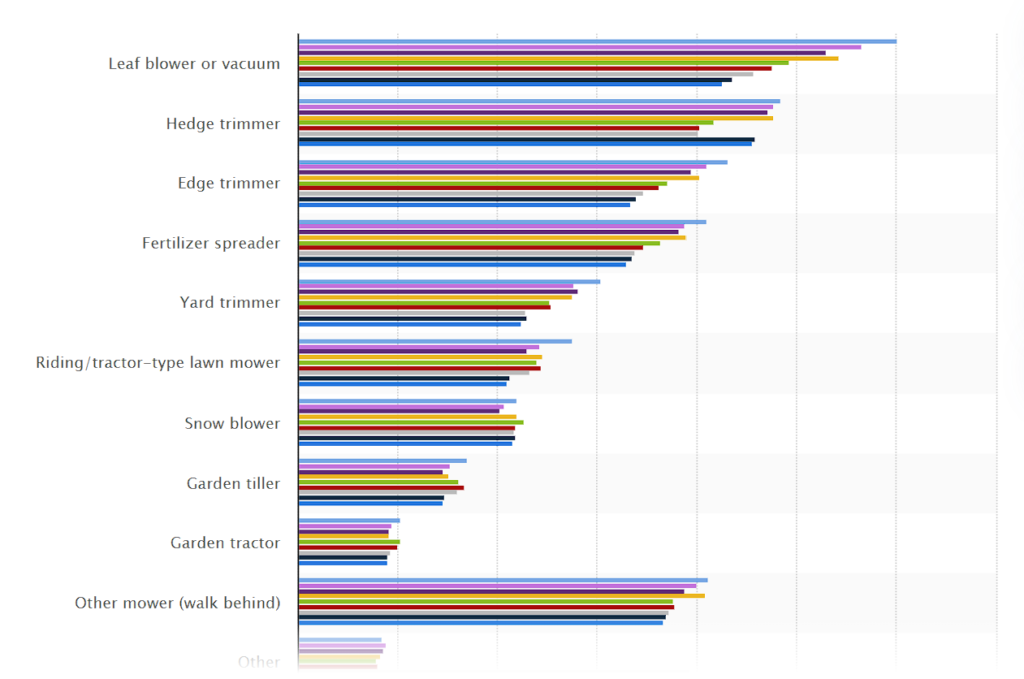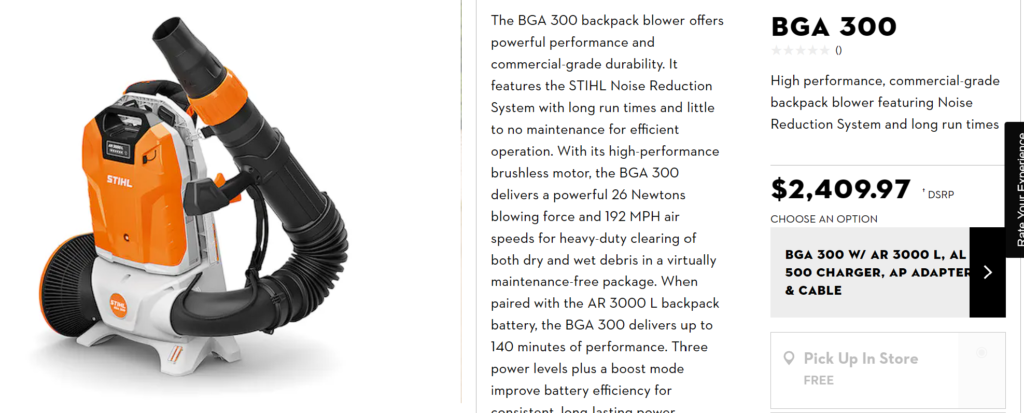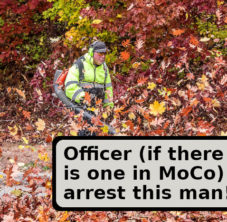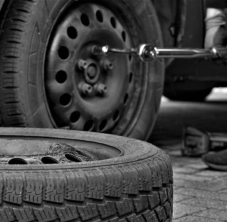Did you know that when it comes to garden and lawn tools, that the leaf blower is the most widely owned tool? Here are the rankings from 2012-2020.
I think it is a fair wager that many residential property owners own an electric leaf blower as opposed to a gas one. If you have ever tried to start a 2-cycle engine after it sits during a MoCo winter, you will quickly realize it’s a frustrating process that quickly can ruin Sunday chore day. The electric leaf blowers for residential use have been on the market for a long time and as a result are not that expensive. You can pick up a model for general home use for $120-$200. They last several years before they require you to lug the batteries to the recycling center and purchase a replacement set.
In passing the recent legislation banning gas leaf blowers, MoCo is kinda late to the party. The first banning of gas leaf blowers happened in cities in California in the 70s. This month, Gov Newsom signed legislation for a state wide ban of gas leaf blowers.
In passing the legislation, MoCo elected officials cited many of the same reasons that have been used for other bans across the country: noise and pollution. These can be debated individually, for instance the massive carbon footprint created in the production of lithium-ion batteries, but this article is meant to focus on those individuals that will be most impacted by this ban in MoCo.
If we accept that most residential homeowners already own and use an electric leaf blower, there really is no impact to them. It is the small and large commercial lawn care providers that this bill directly impacts. A professional lawn care provider starts their morning early and utilizes the long summer days to cut as many lawns as possible. The profit margins are thin so volume matters. This requires professional equipment, including gas powered leaf blowers, that have a stronger output, 800-1000 cfm. And as long as they are fueled, the gas-powered leaf blowers also have an unlimited use time, allowing no breaks in service between properties to charge batteries.
A quality gas leaf blower costs around $700.
A battery powered model, that puts out close to half as much cfm of air, and including only a set of batteries that lasts 140 minutes is around 3x as expensive.
Clearly, replacing existing equipment with the battery powered models is not only an extremely expensive proposition, but a professional lawn care provider would also need to factor in the potential of being able to service less properties a day (our batteries aren’t charged yet).
The county has a plan though. They plan to offer rebates for trading in existing gas-powered leaf blowers. Current discussions are centered around a $100 rebate. The question becomes: Why should this rebate be available to residential homeowners? Wouldn’t it make more sense to make the rebate more substantial and for it only to be available to commercial companies, especially those that are small? Why should a resident that digs through their shed and finds an old gas-powered leaf blower that hasn’t been used since 2007 be eligible for a rebate?
The legislation itself certainly didn’t consider the minority that will be most impacted, but the support definitely should.








